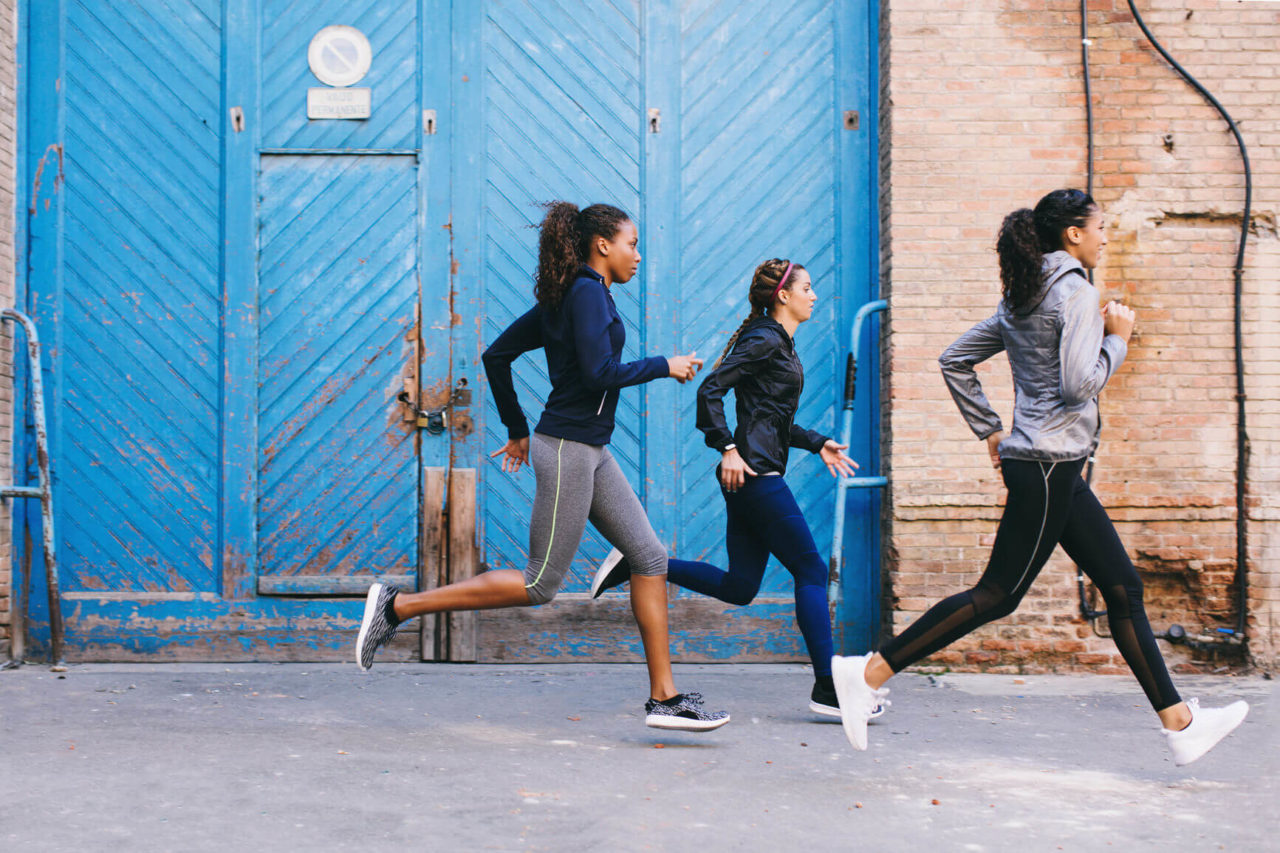
Female empowerment in sports
Female athletes have long been a source of inspiration for young girls and women, especially those who play sports in their free time. Now, many young women play sports for fun, to stay fit and for the social aspect.
Yet not long ago the combination of “women and sports” was unthinkable. In fact, the first Olympic Games in Athens in 1896 had zero female participants.
In 1900, at the Olympic Games in Paris, women took part for the first time, competing in golf and tennis. Shortly later, figure skating and swimming were added to the female repertoire, but gymnastics and track and field weren’t added until 1928. This was preceded by a tough battle between female athletes and the all-male Olympic Committee.
On March 8th we’re celebrating the 110th International Women’s Day. It’s a day where women can celebrate their rights, stand up for solidarity and justice, and champion peace and worldwide respect for people and nations.
So this week we’re sharing the stories of 5 women who paved the way for equal rights and equal opportunities in sports. Because women’s rights had to be hard fought for in sports too, and the following warriors made history through their athletic achievements.
Caster Semenya
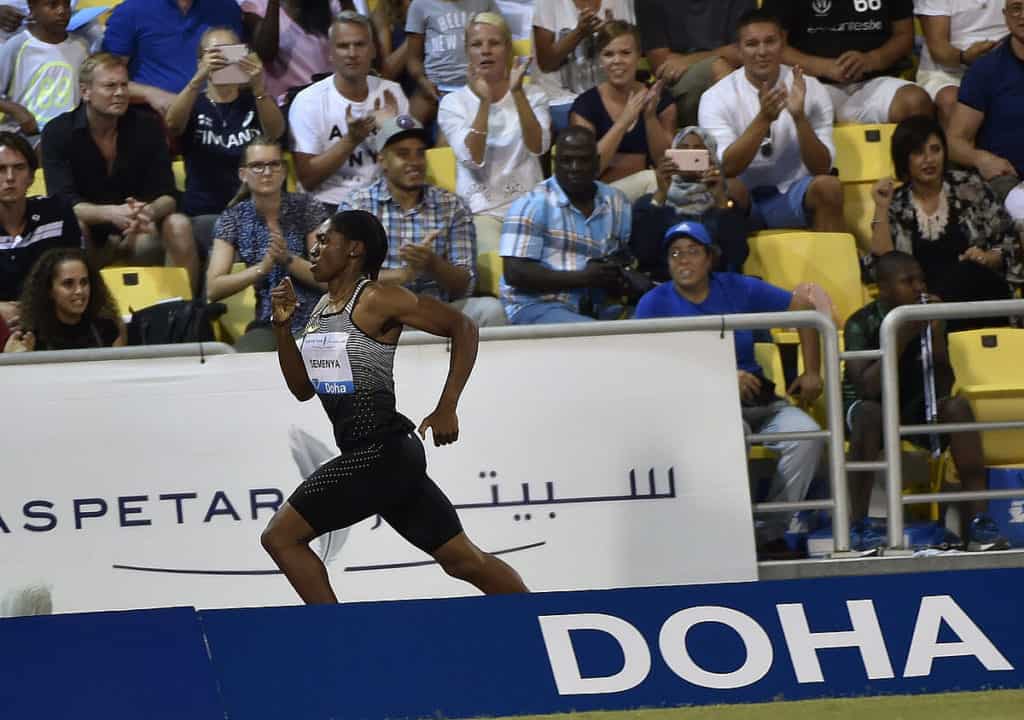
Caster Semenya has collected many titles in her running career: two-time Olympic champion, two-time world champion, winner of the Commonwealth Games, African Games and African Championships. She is the queen of the middle distance.
But she’s also been given other titles: “The Hunted,” “The Pursued,” “The One Who Came From Hell.” Why? After the exceptional athlete emerged at 18-years-old in the 2019 World Championships in Berlin to win gold in the 800 meters, the press were impatient for Semenya’s subsequent press conference. Who was this young woman? And where had she come from?
But instead of Semenya, the secretary general of the IAAF appeared and expressed doubts “that this lady is a woman.” They suggested the South African athlete’s gender was unclear, citing her deep voice and masculine appearance as cause for doubt.
In fact, Semenya has higher testosterone levels than other women. The levels of this hormone are naturally elevated – it’s called hyperandrogenism.
For years, Semenya has been fighting a legal battle against the International Association of Athletics Federations (IAAF), who are trying to bar Semenya from competing – or at least force her to reduce her performance. The latest ruling of the International Court of Arbitration for Sport on 01.05.2019 was in favour of the federation. Semenya now has to take medication to lower her testosterone levels in order to compete in her beloved 800 meter race.
But Caster Semenya will continue her fight to compete again without medication and is harnessing the media to advocate for lesbian, gay, bisexual and transgender (LGBT) rights in sports.
Sarah Ourahmoune

For boxing fans, Sarah Ourahmoune is a tenacious athlete who never gives up. In 2016, after a break to have her first child, she boxed her way to a silver medal at the 2016 Summer Olympics in Rio.
Ourahmoune’s path to boxing began through taekwondo. Her local club had been destroyed by a fire, so she went to the boxing gym out of curiosity. She was lucky enough to meet a trainer who knew exactly how to introduce her to boxing.
Because boxing competitions for women were forbidden by law in France until 1998, Ourahmoune did not take part in her first official fight until 1999. At the age of 16, she became a member of the first French women’s boxing team and was authorized to fight abroad. As soon as she won her first title, she realized she had a future in boxing.
Since then, Ourahmoune has enjoyed a successful career. She’s been named European champion three years in a row, world champion in 2008, and silver medal winner at the European Championships in 2011, culminating in an Olympic silver medal in 2016.
Today, Ourahmoune no longer steps into the ring herself, but she continues to fight for inclusion and equality in boxing.
In 2011, she founded the organization Boxer Inside, where she gives boxing classes for mentally disabled people and for women (including childcare). She is using her reputation as France’s most decorated female boxer to fight for gender equality in all sports, and as spokesperson for the 2024 Summer Olympics in Paris, she wants to ensure that socially disadvantaged French people are included.
While there is still much to be done in the fight against general discrimination against women in sport, boxing continues to give Sarah Ourahmoune strength.
Serena Williams
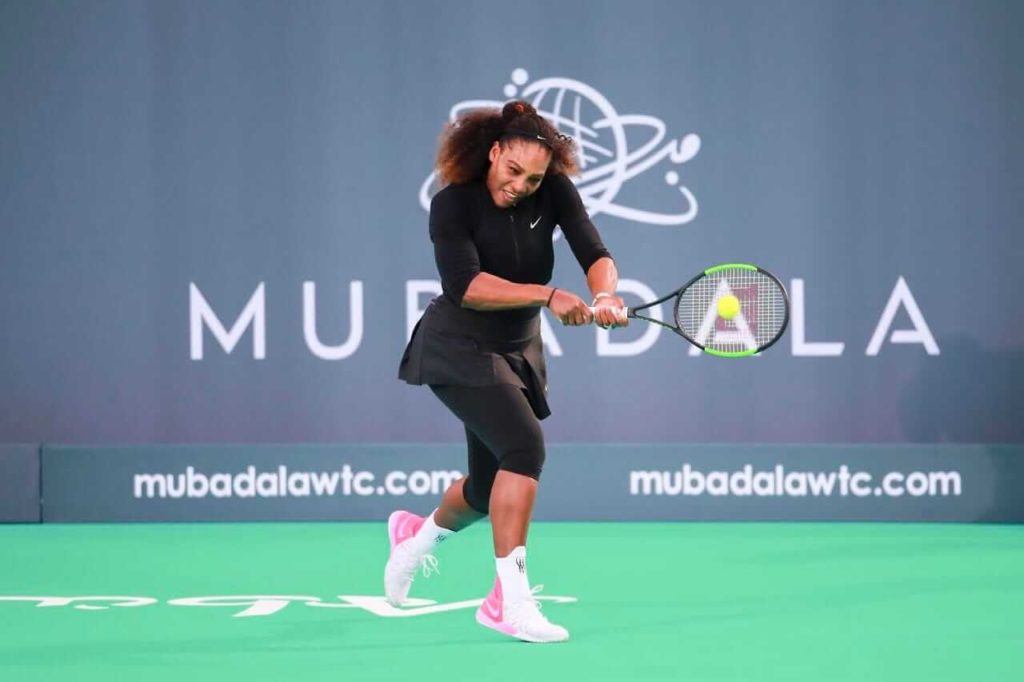
Serena Williams, from the USA, is considered the most successful player in tennis. She’s won 23 Grand Slam titles in singles, 14 in doubles and 2 in mixed. Together with her sister Venus Williams, she’s revolutionized women’s tennis.
Serena Williams often went after the big titles. However, this didn’t protect her from negative press. Three-time Wimbledon champion John McEnroe made Serena Williams the star of the American women’s movement in a radio broadcast in 2017. He said Williams was the best player in history, but on the men’s tour she would be number 700 at best, which sparked a fierce debate about gender equality in tennis.
What was Williams’ reaction to that? On Twitter, she clearly rejected McEnroe’s sideswipe. “Dear John, I adore and respect you, but please refrain from making such statements that are not based on facts.”
In 2018, Serena Williams returned to professional sports after giving birth to her first daughter, and after her comeback wrote a very special message: “To all the women out there, Happy Women’s Day.” Later, she added “I was so excited to play that night.”
Due to her pregnancy and maternity leave, Serena Williams lost valuable points on the world ranking list and didn’t appear on the predicted rankings. Unfair, one might think. The World Tennis Association (WTA) opened up discussion on how pregnancies could be handled more fairly in tennis to generate more equal opportunities.
Since then, returning mothers have been allowed to claim “special ranking” status for up to three years after the birth of their child. In tournaments where they would have been seeded before their pregnancy, they now face an unseeded opponent in the first round.
Billie Jean King
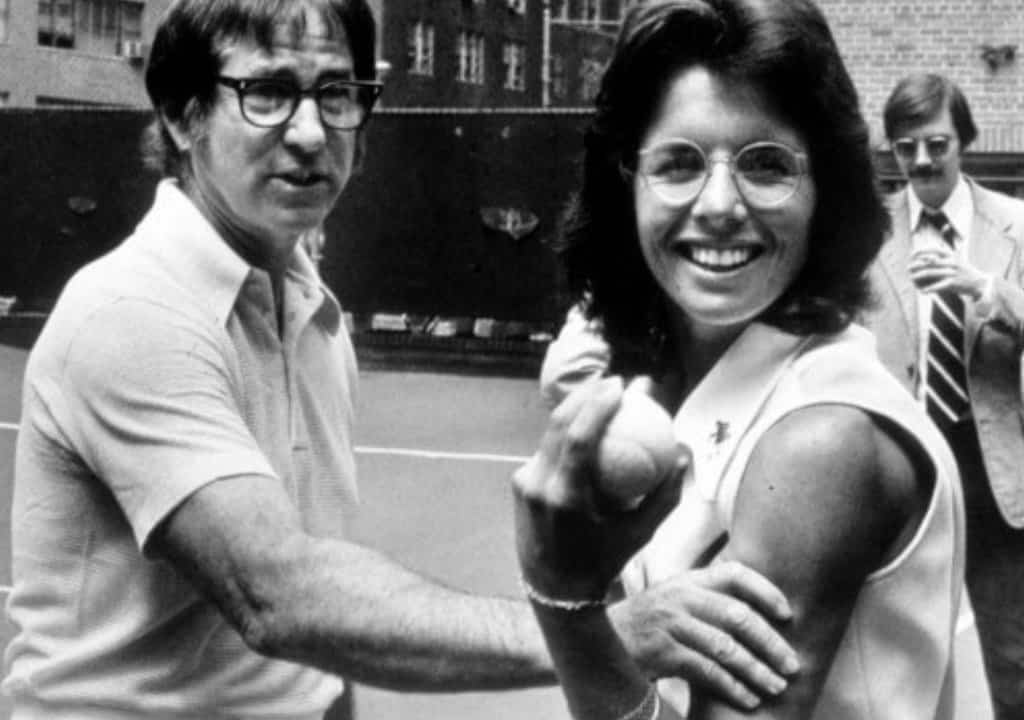
Another female tennis player has entered our list of celebrated women in sport. With more than 120 tournaments between 1959 and 1983, the US American Billie Jean King was not only one of the best tennis players of her time, but also showed the former Wimbledon winner Bobby Riggs that women are a match for men on the court. In the legendary 1973 tennis match that went down in history as the Battle of the Sexes, the then number one in women’s tennis managed to defeat the 55-year-old Riggs, drawing attention to the unequal pay for men and women in top-level sports.
King won the match in Texas in three sets. Several years after the match with Riggs, in 1981, she came out as gay and was one of the first prominent female athletes to do so.
Even off the court today, she continues to fight for women to be recognized for their achievements. At over 80 years old, she isn’t yet tired of standing up for equal rights and social acceptance.
Last year, an American woman came forward with a little story that beautifully reflects how Billie Jean King thinks: years ago, when a father asked for an autograph for his daughter at a celebrity tournament, she looked at the little girl and said “I’ll only sign if you ask me to do it yourself; you can’t rely on men for the rest of your life.”
Kathrine Switzer
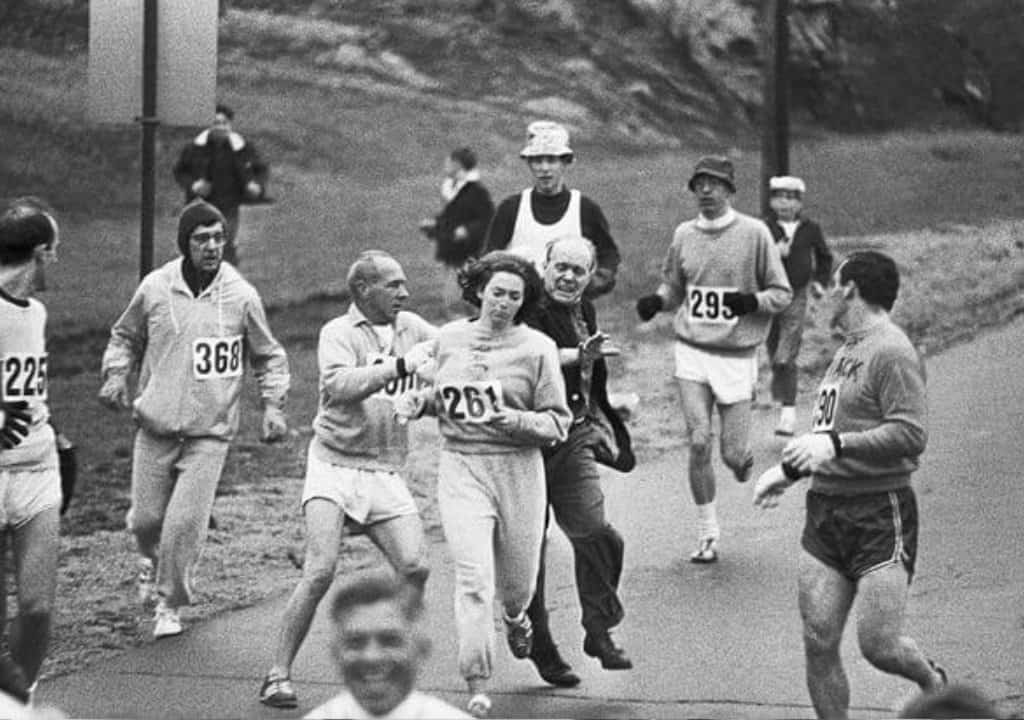
Kathrine Switzer, born in Germany in 1947, has made history. In 1967, she became the first woman to register for the Boston Marathon and snag the now-famous bib number 261. She used her initials K.V. to register.
More than 50 years ago, women were prohibited from running marathons. At that time, sports officials were united in their view that women were physically incapable of running a marathon. “They thought my uterus might fall out while running,” Switzer reports.
A picture of the race director trying to snatch her bib during the marathon and forcibly push her off the course went viral around the world. But Switzer would not be stopped. She ran to the finish line, making history as the first woman to finish an official marathon. It was five more years before women were officially allowed to enter the marathon for the first time in Boston.
Today, Kathrine’s enthusiasm for running and female empowerment continues unabated. She has written four books, run over 40 marathons, and in 2015 founded the 261-Fearless network – with the goal of connecting and empowering women through running.
The story of equality in sports is part of how women inexorably stepped off the sidelines and Into the playing fields, taking their rightful place in sports. But there is still work to be done. #strongertogether
At Urban Sports Club, we’re committed to equal opportunities and collaborate with many strong female sports partners. Learn more about them here.



Comments